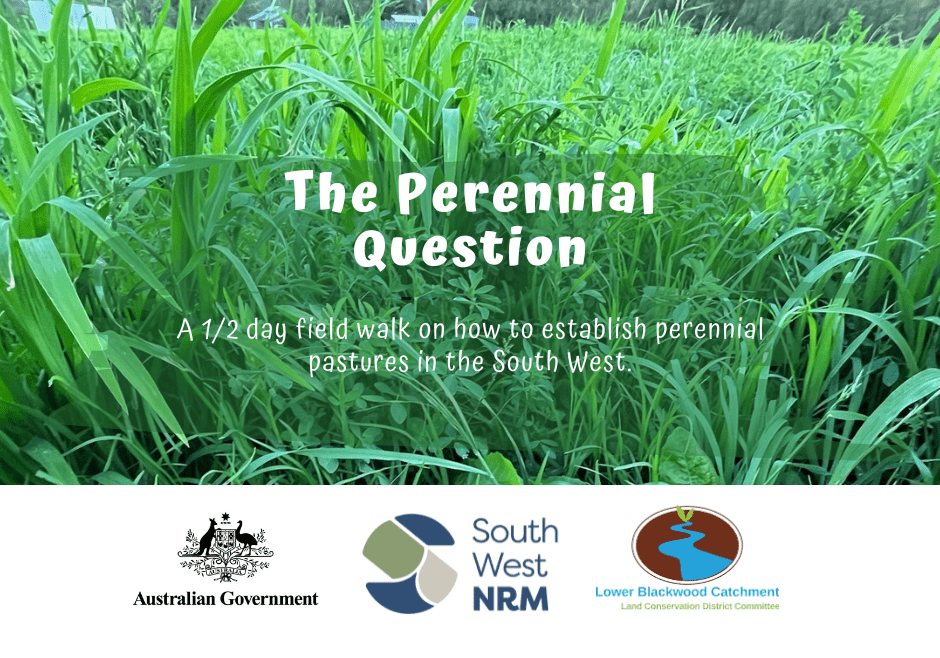
The Perennial Question
How to establish perennial pastures in the South West
There is a growing realisation that farming systems based solely on annual crops and pastures are not sustainable in many regions of south-western Australia. Environmental and management issues facing agriculture include: rising groundwater and the spread of salinity; herbicide resistant weeds; soil acidity and wind erosion. Perennial pastures offer a more sustainable and profitable alternative in many areas.
In some regions, perennial pastures are still a minor component of grazing systems, but in other areas have been widely adopted as a consequence of having profitable options for different parts of the landscape. By selecting species that are agronomically suited to the environment (soil, climate) and compatible with the farming enterprise, some of the least fertile and most fragile soils can be transformed into productive, sustainable areas with an increase in farm profit and reduced land degradation.
Potential production benefits from perennial species include:
- out-of-season green feed
- increased carrying capacity as a result of reducing summer/autumn feed gap
- reduced supplementary feeding particularly in autumn
- increased production from land with a previously low carrying capacity
- ability to turn-off animals outside the traditional growing season
- higher wool staple strength, reduced vegetable matter and increased wool production per hectare
- reduced reliance on fodder conservation
- opportunity to rest annual pasture paddocks after the break of the season allowing annuals to develop adequate leaf area to drive improved growth rates.
Soil conservation benefits include:
- increased water use and reduced deep drainage to groundwater
- reduction in the frequency of waterlogging
- maintenance of plant cover in summer leading to a reduction in soil erosion
- increased perennial cover for waterways.
(Source: Department of Primary Industries and Regional Development)
This 1/2 day field walk provides producers with the opportunity to Q & A with our host farmer, Neville Haddon and project consultant Mark Tupman on the establishment & management of perennial pastures.
The Haddons are dedicated to improving their soil health, and are keen to explore how to extend their pasture growing season to provide nutritious feed for their dairy herd beyond the current seasons. Neville is trialling Chicory, Plantain, Lucerne, Cocksfoot, Perennial Ryegrass, Phalaris and White/Red/Strawberry Clover. Read more HERE.
The field walk will include a look at some perennials already in place on the project demonstration site, and will include a summary of will be undertaken on the Project Demonstration Site over the next 3 year period.
Event Logistics:
Where? Blackwood Springs Farm, 1220 Warner Glen Road, Warner Glen 6288
When? Tuesday April 29th, 9.00am to 12.00pm
What Else? Morning Tea included. BYO refillable water bottle, wear appropriate farm footwear, and dress for the weather on the day.
This event forms part of ‘The Perennial Question’ Project. This project is supported by the Australian Government through funding from the Natural Heritage Trust under the Climate-Smart Agriculture Program and delivered by South West NRM, a member of the Commonwealth Regional Delivery Partners panel, in partnership with Lower Blackwood Landcare


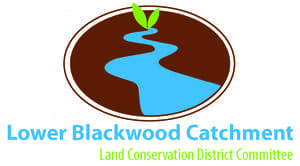
Speaker
-
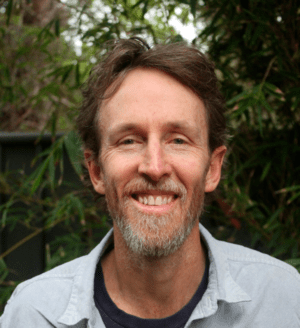 Mark TupmanAgroecologist, Productive Ecology
Mark TupmanAgroecologist, Productive EcologyMark Tupman is a consultant and educator in the fields of biological production, permaculture, regenerative agriculture and holistic land management, with an abundant backyard!
Over the last three decades, he has been actively involved in a mix of training, research and community projects, and commercial horticulture, livestock and cropping operations.
Aside from time spent on the ground, he is a regular speaker, advisor and content creator for various organisations around Australia. Through his business, Productive Ecology, he assists gardeners, farmers and companies to implement more economically and environmentally viable production systems, that are examples of what can be achieved by working with life.


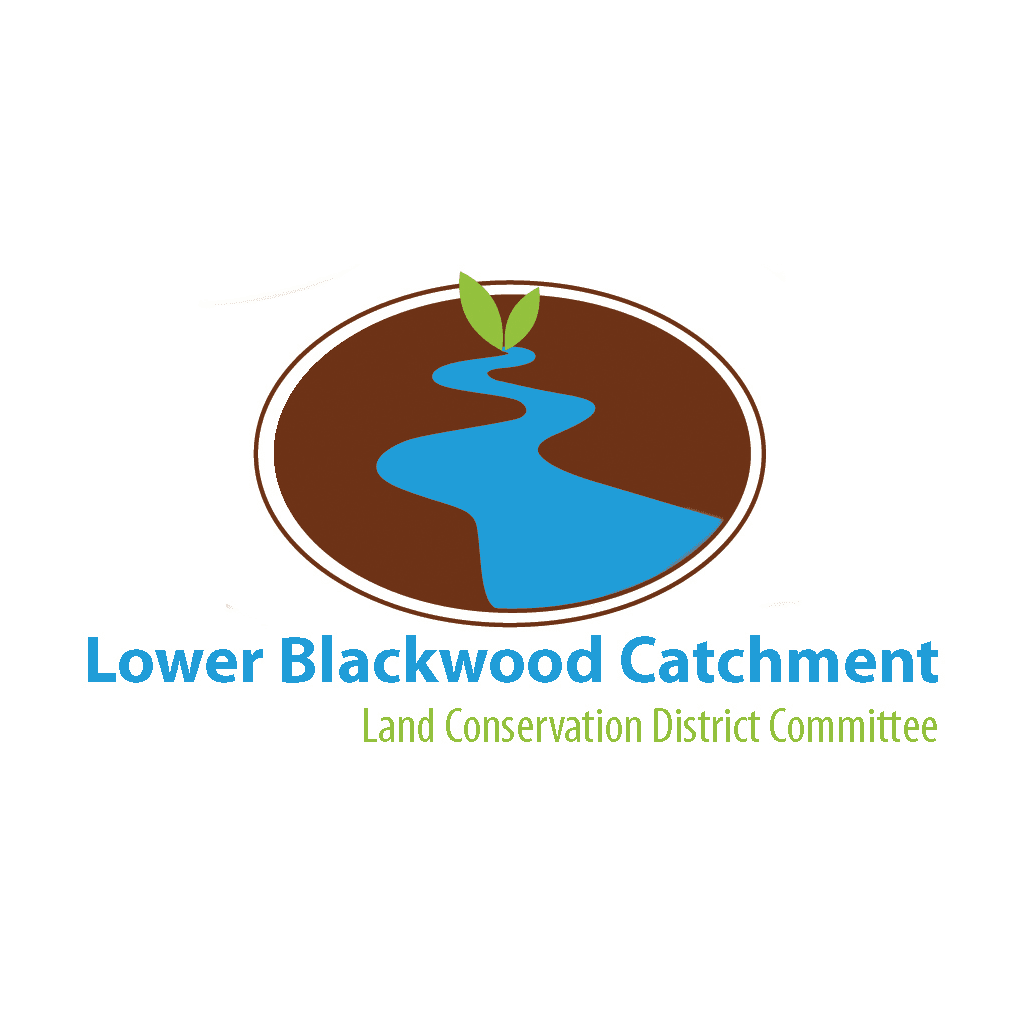

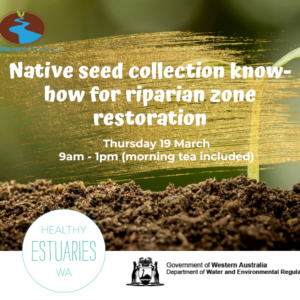
Responses